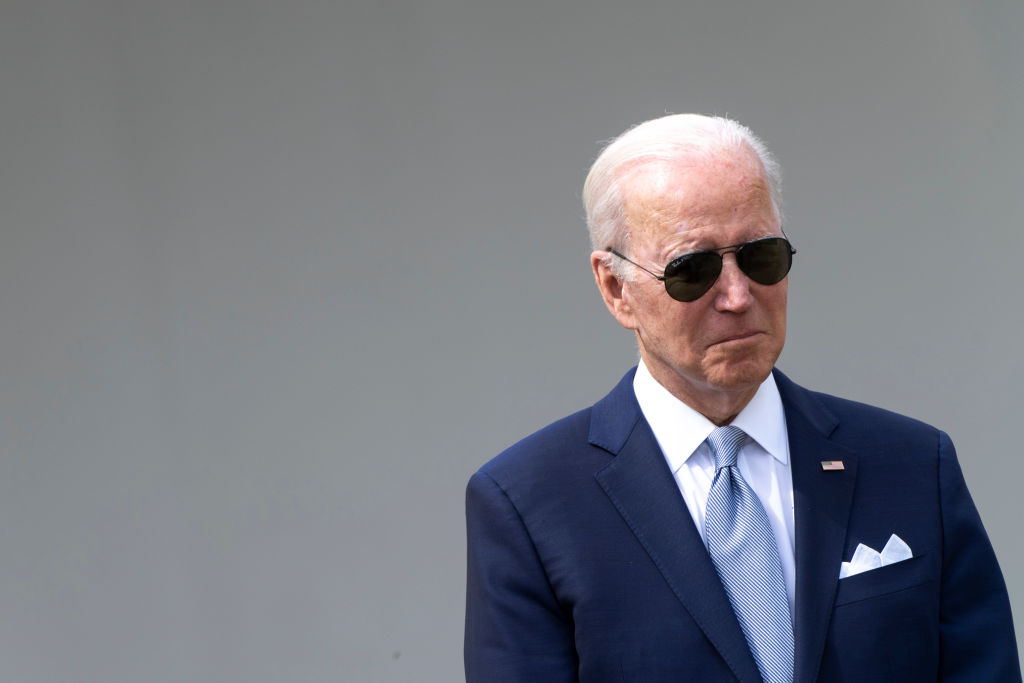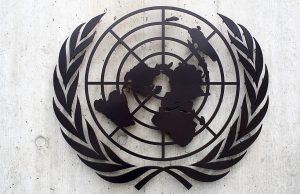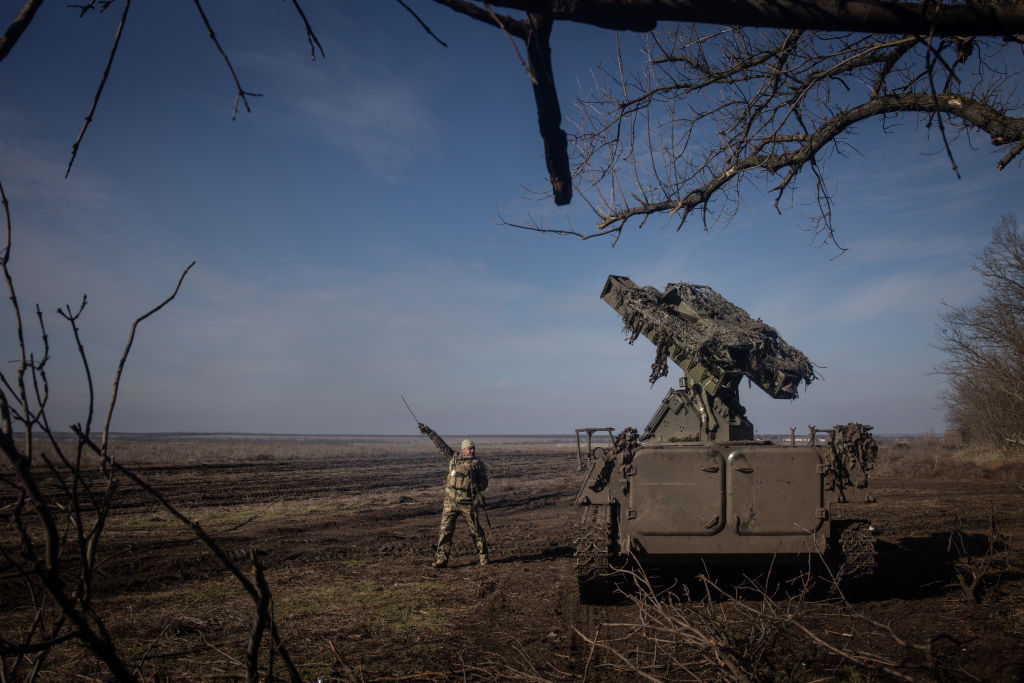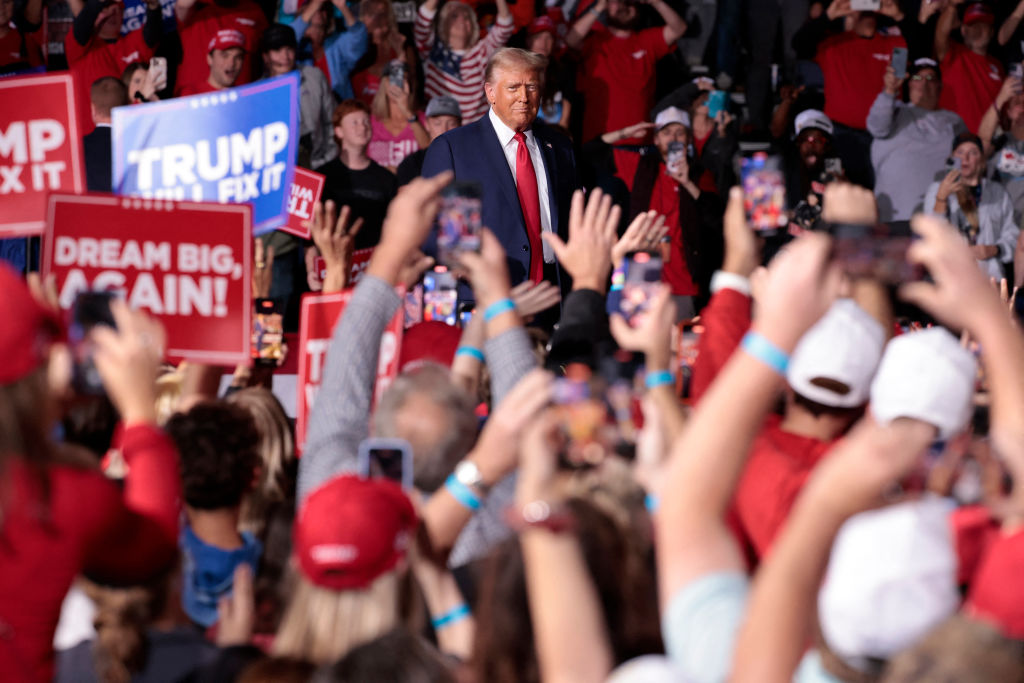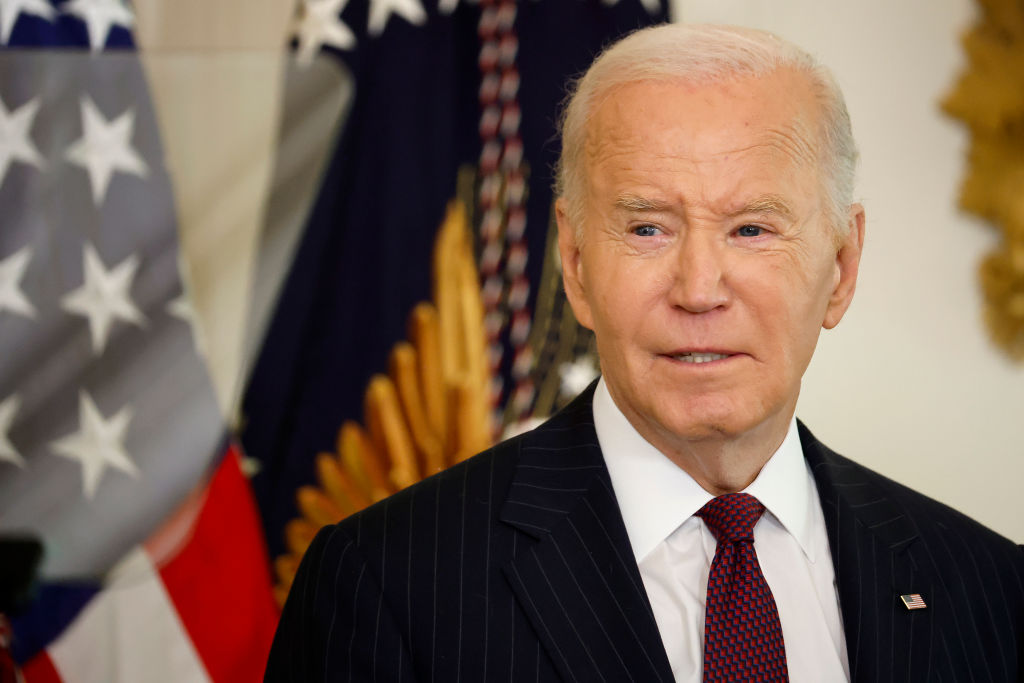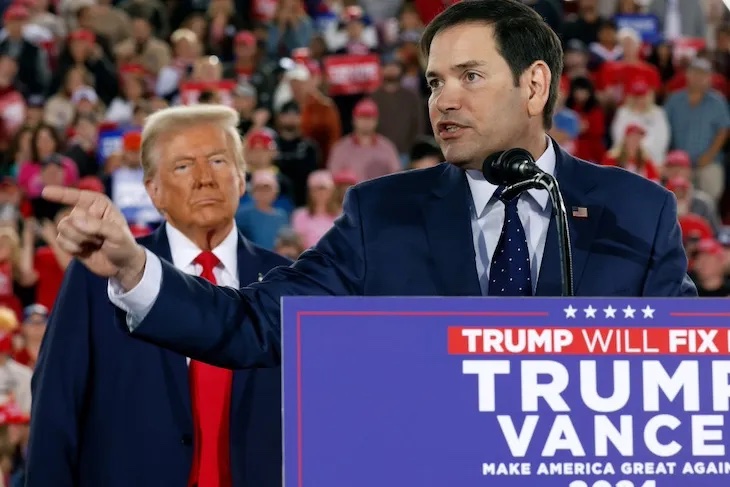There’s only one season that can ever trump election season (and tragically it isn’t football season). It’s hurricane season, now in full swing. And already it’s caused the unthinkable to happen: CNN has cut into its wall-to-wall coverage of Republicans destroying democracy in order to report on the weather.
It isn’t just CNN. Anytime a hurricane enters the Caribbean, an alarm goes off over at Weather Channel headquarters. TV meteorologists then slide down a pole and dash off to the nearest affected beach or lakeside resort, donning their slickers and prepping for their liveshots as rain slices through the air behind them and palm trees bend at worrying angles. And what a public service is this immersion journalism. Without it, how would we know what wind looks like?
This Jim Cantore style of reporting is easy to mock, but let’s face it: we love this stuff. Every hurricane season, the Weather Channel turns into softcore disaster porn, and we are so there for it. So it is now with Hurricane Ian, which made landfall in Florida on Wednesday. And while the locals have mostly been evacuated to minifridge-stocked out-of-state hotels and Red Cross shelters, those like me who live thousands of miles away are for some reason behaving like we’re livestreaming a Roland Emmerich movie.
In spite of all the voyeurism, hurricanes are one thing the United States usually gets right. Paul du Quenoy in his recent piece notes just how successful Florida has been at handling difficult storms like Irma and Dorian. So now with Ian, with the state having calmly and rapidly evacuated those in affected areas, or at least those who opted to leave. The poster child for failed hurricane responses is, of course, Katrina, which saw three different levels of government break down amid squabbling and red tape. Yet even then, less than a month later, another powerhouse, Hurricane Rita, swept through the Gulf Coast, and this time the government mobilization was much improved.
Hurricane season is one time when “follow the science” doesn’t just mean Dr. Fauci shaking a magic eight ball merchandised to look like his face. Consider the National Weather Service, whose hurricane advisories are always a measured and honest read in an age of clickbait. (The necessary exception, of course, was for Katrina: “MOST OF THE AREA WILL BE UNINHABITABLE FOR WEEKS…PERHAPS LONGER.”) Or consider that just one year before Katrina struck, officials wargamed a mega-hurricane disaster scenario in New Orleans. Called Hurricane Pam, the exercise eerily predicted the destruction to come — the experts knew, even if the system failed to adequately respond.
The more you research, the more you realize how impressive all this is. And all the more so given how unpredictable hurricanes can be and how little time anyone has to prepare. America might not be able to repair her bridges but she can damn well get thousands of fleeing station wagons packed with bottled water and Bacardi handles across them. And that seems worth at least one drunk Florida Man standing out in Ian’s winds holding up an American flag as a metal version of “Glory, Glory Hallelujah” thrashes in the background.
There is, of course, an exception to all this bonhomie: one President Joe Biden. Traditionally, presidents are supposed to call governors whose states are about to be impacted by hurricanes. It’s part of the intergovernmental process as federal FEMA coordinates with state and municipal agencies. Yet as of Tuesday afternoon, Biden hadn’t spoken to Florida Governor Ron DeSantis — even though he had rung up the mayors of three Florida cities. Little surprise that Biden doesn’t care for DeSantis, given that DeSantis has repeatedly trashed his agenda. Yet to withhold communication during a national disaster is a level of pettiness unbecoming even of an administration that once cut paychecks to Jen Psaki.
What does Biden have against Floridians anyway? There’s plenty of common ground, starting with their advanced age and influence from grown men in children’s costumes. Biden did eventually find time to chat with DeSantis, after which the Florida governor was generous enough to praise him on Fox News (of all places). Still, Biden had sent a signal and not a good one. DeSantis, after all, is one of those “MAGA Republicans” whom the president otherized just last month during his infamous speech from the Death Star throne room.
In which case, it falls on the rest of us to say: let’s just not go there. Politicized disaster responses…presidents from one party setting conditions for aid to states governed by the other party…no. That’s one slope we can’t slip down, no matter how polarized we become.
And then maybe we should remember a moment that many of my fellow conservatives have tried to forget. When President Obama visited New Jersey after Hurricane Sandy hit in 2012, he half-hugged Republican Governor Chris Christie. It was a powerful moment, even as it damaged Christie’s standing in the GOP. If those two could set aside their differences and sort of uncomfortably put their hands on each other’s shoulders, then perhaps there’s hope for the rest of us. Perhaps, amid a storm that doesn’t care whether you’re Democrat or Republican, #Resistance or MAGA, we too might learn to be lukewarm towards each other once again.



